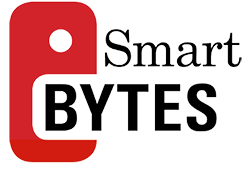6 Steps to Help Your Child Make Friends
April 22, 2024

By Melissa Rey
Growing up, I loved watching my big brother Adam work on his science fair projects. Whether he was building miniature oil spills in the basement or testing how much bacteria stayed on a bar of soap, his experiments fascinated me. And when I saw Adam win medals and ribbons, I wanted to be just like him.
My enthusiasm faded when I saw the huge log book and charts that were required for the experiments. Given my dyslexia, that amount of writing would be way too much for me.
But instead of giving up, I read the entry rules carefully and found a way to save my science dreams. I learned that I could use voice dictation software instead of writing everything by hand. I took lots of pictures to substitute for detailed written explanations. Spreadsheets organized my data which was easily exported into charts and graphs. I worked on my projects during the summer so that I could give them my full attention and move at my own pace.
Select a topic that is personally interesting so that you won’t get bored. Experiments can be conducted on anything from bubble gum elasticity to lipstick SPF to soccer ball velocity (three of my past research topics).
Here is my winning secret: Reach out to experts for advice. Look on the internet and find a scientist or lab that might help and send them an email: “I am a 7th grader, and I am hoping you can answer a question for my science project…” Scientists love to help and encourage students.
As a result of reaching out, I was invited to extract plant chlorophyll at the Botanical Gardens labs. I toured the police crime lab in my hometown and was taught how to test blood at crime scenes by real detectives. It was awesome! In conversation, I could share my science knowledge much more comfortably.
These adventures outside the classroom taught me that I could succeed as a scientist because I asked questions and worked hard to solve problems. They also helped me to put the frustrations that I felt in the classroom into perspective.
The author is currently a Philanthropy and Social Impact Consultant at Bell Creek Consulting.